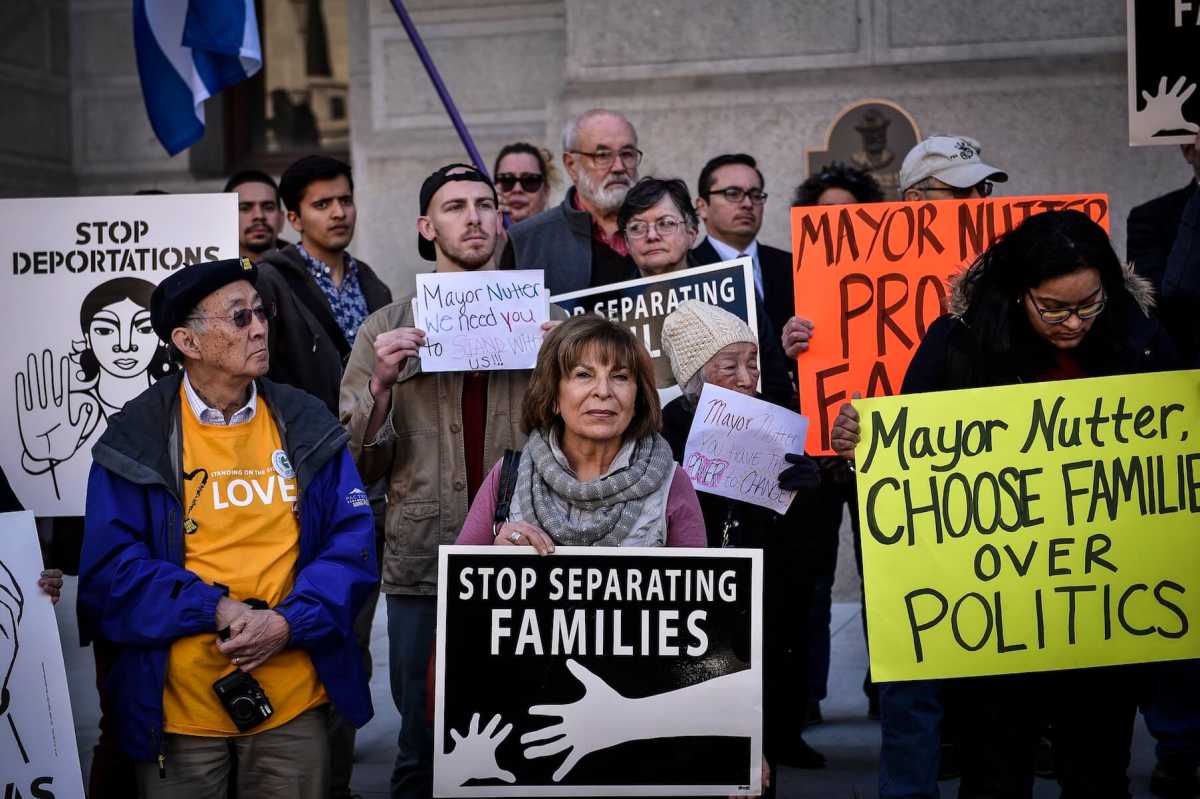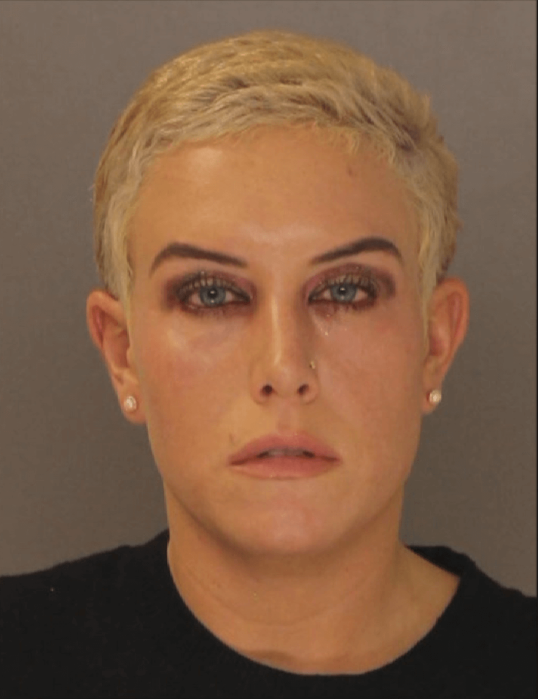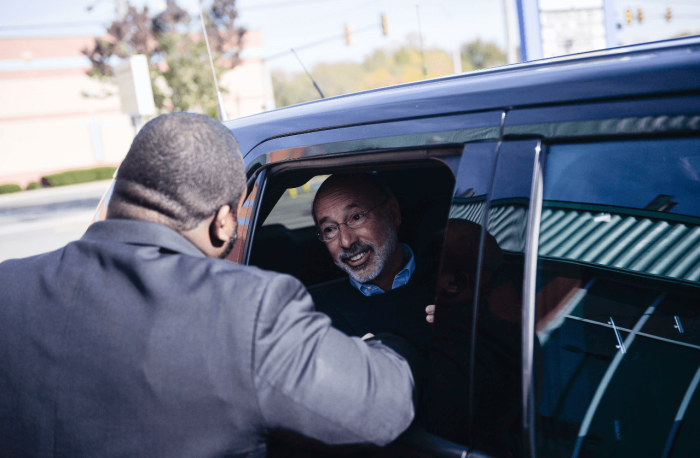Friday is the deadline for public commentary on a drafted executive order by Mayor Michael Nutter that would effectively resume city cooperation with federal immigration authorities, ending Philly’s status as a sanctuary city. “Mucho miedo(fear)” is how Estela Hernandez, 34, a leader with New Sanctuary Movement, described her reaction to the news.
Hernandez participated in protests Monday against the potential change of the order. More protests are planned for Friday.
Last year, Nutter signed an executive order ending the policy of city cooperation with so-called Immigrations & Customs Enforcement (ICE) holds after months of community meetings and hearings. Related link: Football team’s championship dreams dashed ICE holds, requests from federal authorities to local law enforcement to detain suspected undocumented immigrants, were widely criticized as having a chilling effect on immigrant communities, who feared any interaction with police could lead to a “hold” being placed on them. “I have had very positive personal experiences as a result of last year’s policy,” Hernandez said, through a translator. “Recently, my husband was assaulted close to my house, and I wasn’t afraid to call the police because of the policy. The police officer who came when we called was a good person and he helped us. With any changes to the policy, fear is just going to return.” Related link:South Philly casino gets zoning nod over racism charges Nutter has not yet definitely decided whether or not to sign the order. The change would be in order to “comply” with ICE’s Priority Enforcement Program (PEP) said a spokesman for Nutter. It comes as a debate over welcoming Syrian refugees to the U.S. has filled national media. Under PEP — which replaces the widely-criticized Secure Communities program, under which holds were issued — a broad enforcement mandate is replaced by a focus on narrower categories, including violent criminals, gang members, people who pose a risk to national security or who are caught crossing the border. Regardless of Nutter’s decision, mayor-elect Jim Kenney has vowed to undo any changes to the city’s policy on ICE hold when he takes office in six weeks, his spokeswoman confirmed.
Nutter’s spokesman Mark McDonald called the new order a “minor change.” He said the proposed order would lead to city officials notifying ICE when a person convicted of serious crimes is being released from jail. It would only apply to serious crimes, as Nutter’s original executive order mandated, and would require a judicial order. “It’s very strange, six weeks left to go, suddenly changing your policy that you made very public statements about being committed to,” observed Temple law professor Jennifer Lee, who worked with students on the report “A Changing Landscape,” which focuses on the effects of ICE holds. “There’s a lot of speculation. I have no idea why he’s changing it. Maybe something personal is going on, in terms of where he’s going after he leaves office, or that somehow the feds are holding something over the city of Philadelphia’s head, in terms of funding,” Lee said. Jan Ting, a Temple law professor, said he believes the change may have been sparked by incidents like the death of Kathryn Steinle in San Francisco.
“I think he wants to make this change even though the incoming mayor has said he is going to restore the policy as it was because then, it will be Mayor Kenney’s policy,” Ting said. “If things go bad in the future, Mayor Kenney will get blamed and not Mayor Nutter.” Steinle, 32, was shot dead by an immigrant who had previously been deported five times, had been arrested for drugs in San Francisco and after serving his term was released rather than being deported — just three months before he killed Steinle. The incident was among those that sparked a wave of federal and state-based legislation against sanctuary cities. A federal bill to block funding for sanctuary cities was voted down in the U.S. senate in October. Immigrant advocates see this change as having a potentially similar effect.
“You can’t run policy on the basis of outlier events no matter how tragic they may be,” said Temple law professor Peter Spiro, referring to the San Francisco event.
“Localities have had such a terrible experience with Secure Communities that even when its packaged under a different name and with different circumstances, there’s really a fear that it is going to impact immigrant communities in a way that is unfair.”
Philly may drop ‘sanctuary’ city status

Charles Mostoller





























